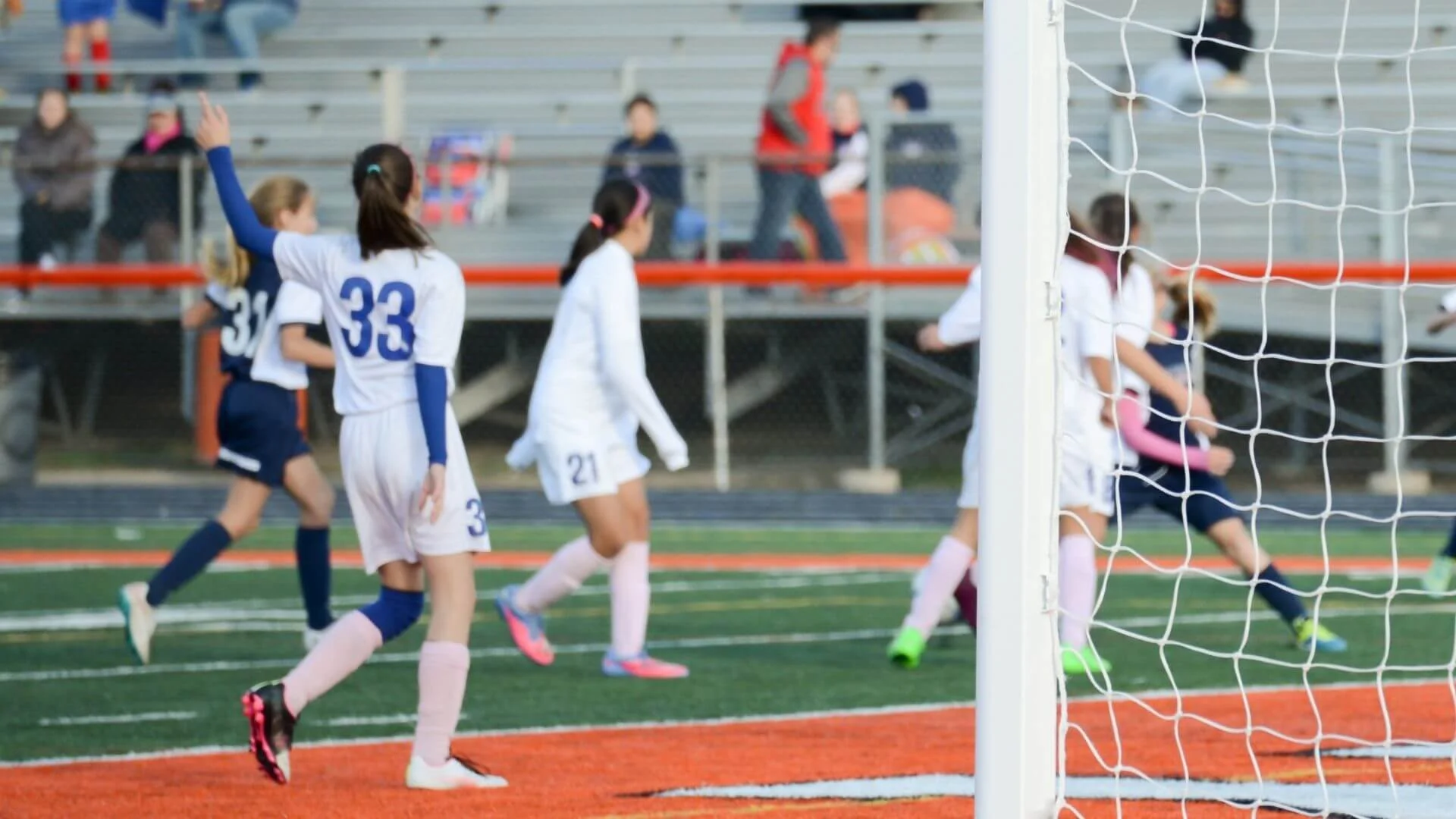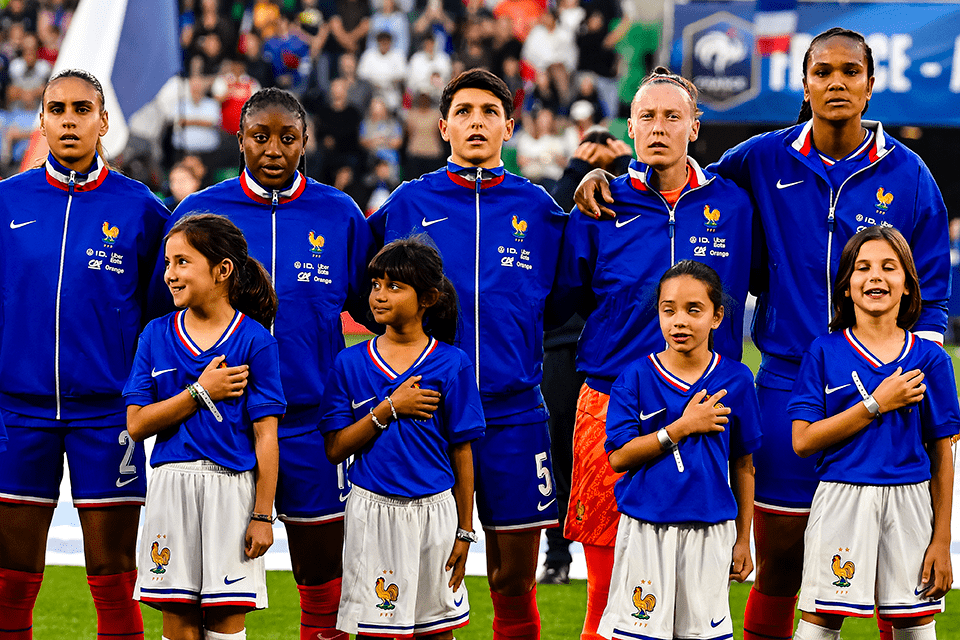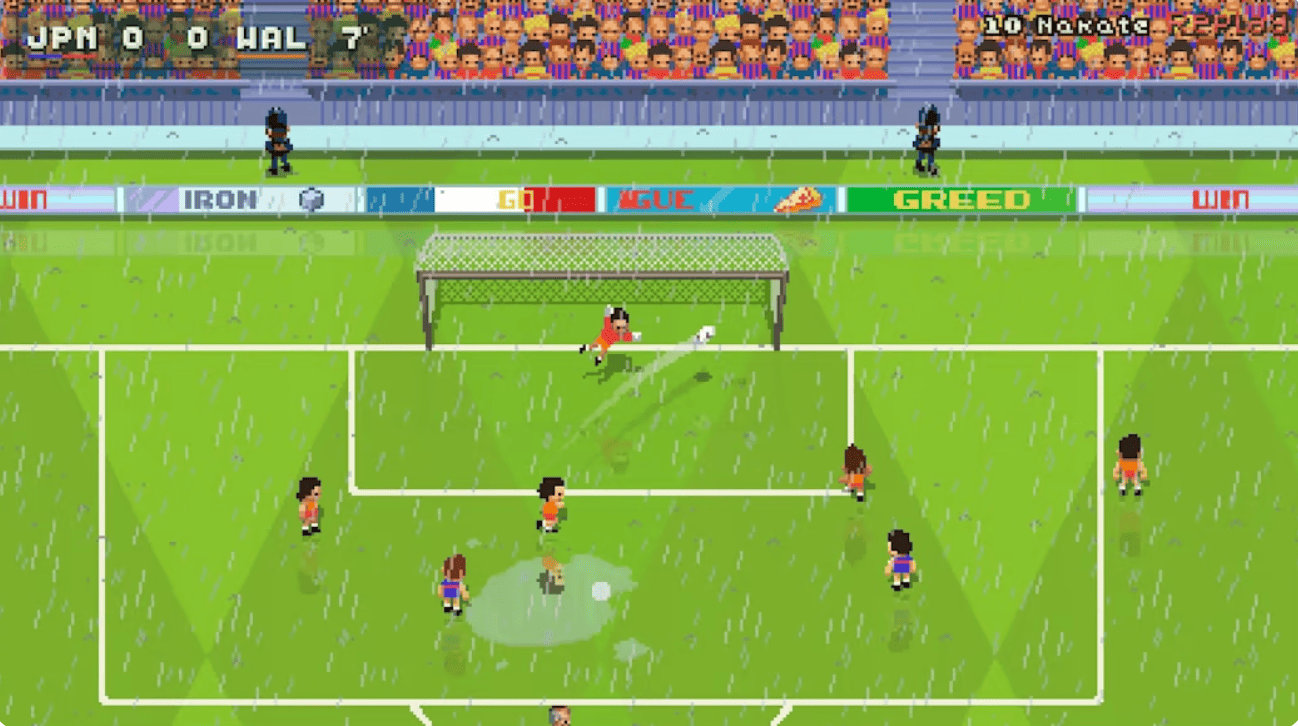The Benefits of Mental Training for Female Soccer Players
Mental Preparation in Women’s Soccer
Soccer is an incredibly competitive game. Players require agility, skill, and resilience to handle the competition and win. Legends will strive for mental resilience, which carries them forward when things get tough. Challenges players face on the soccer field include injuries, pressure from fans, and financial setbacks.
As women’s soccer is gaining popularity globally, players will require proper physical and mental preparation to excel under immense pressure. Coaches must incorporate psychological training to give female athletes a competitive edge. Mastering quick thinking, unbreakable focus, and confidence can help them excel.
Women’s soccer has exploded onto the world stage. The 2019 Women’s World Cup in France got 1,131,132 attendants, a 30% increase from the previous tournament. The games also have increased broadcasting deals and playing standards.
However, female soccer stars still face issues that might hinder their development. Top issues women face include lack of resources, unfair comparisons to men’s games, and inadequate emotional support systems.
Developing mental durability is thus integral for players to sustain motivation amidst daily challenges. Structured psychological training is as imperative as technical drills, physical conditioning, video analysis and nutrition.
Benefits of Incorporating Mental Training
The key benefits of mental training on the soccer field include:
1. Managing Stress
Mental training exercises can include visualisation techniques, positive self-talk, deep breathing, and careful post-game reflections. Mia Hamm, a US soccer player said these essential exercises enabled her to perform at her peak when stakes were high.
It’s important to tune out unhelpful tensions like self-doubt, criticism, and anxiety. Players should focus on executing the strategies, whether it’s a tense penalty shootout or tackling opponents.
2. Accepting Defeats
Recovering quickly from humiliating defeats can be incredibly burdensome. Players should practise mindfulness and perspective to process emotions intelligently. They shouldn’t let emotions fester into loss of form or complacency.
Players can objectively identify areas that need attention by accepting game outcomes with serenity rather than attaching self-worth to results. They should celebrate wins deservedly without skipping practice and sustain consistency when losses come.
3. Concentration and Focus
Staying engaged for 90 minutes regardless of scorelines requires tremendous focus and concentration. Mental training techniques like attention control exercises, meditation, and visualisation are great for building mental resilience.
Coaches may suggest mental games like online casino gaming to train their brains to focus. Analysis shows that individuals who engage in casino sites, where slot tips can be used at sites like Virgin Games, have very sharp brains. Gamers must be keen and sharp to win in online games.
4. Confidence and Self-Belief
Players might lack confidence in their abilities despite possessing great talent. Positive self-talk, targeting small wins, and visualising wins over challenges help boost their confidence.
Coaches can also boost their teams’ morale by highlighting their strengths frequently. Sport psychology tools like confidence questionnaires allow athletes to identify which specific areas need work.
5. Psychological Resilience
It isn’t easy to perform well under harsh conditions like opponent aggression, hostile crowds, and harsh weather conditions. Coaches will often simulate these conditions to prepare players for the harsh environments.
Players can expose themselves systematically to difficult simulated settings and train their capacity to handle adversity. While some innate psychological hardness helps, developing coping strategies and perspective through psychological skills training facilitates resilience and durability.
6. Effective Decision-Making
Soccer’s fluid nature necessitates prompt reactions. Therefore, intuitive choice-making under pressure is vital. Game intelligence metrics like goals added and challenges won demonstrate the importance of optimum decisions.
Techniques like improving one’s vision to process visual information quickly, rehearsing game-like scenarios frequently, and fostering creativity can help to provide an edge on the soccer field. Players should evaluate their performance to recognise good and bad choices in the field and increase decision quality.
Essential Mental Training Methods
Developing psychological resilience can be challenging. Which training techniques should players implement to reap the benefits of mental training?
1. Self-Talk Reinforcement
Players should respond to in-game events, errors or mounting pressure with positive or negative self-directed. This behaviour encourages self-fulfilling prophecy effects and impacts performance.
While some inner talk occurs instinctively, players can also employ team-motivating slogans to override unconstructive narratives and prevent confidence dips. Practising self-talk becomes second nature when employed routinely.
2. Mental Imagery for Skill Development
Players can visualise themselves scoring goals, making impressive dribbles, or defending staunchly to accelerate skill growth, Having a euphoric crowd can also build requisite neuro-associations. Daily imagery sessions reinforce technical excellence and desired outcomes.
3. Building Composure Around Results
It’s important to learn emotional control. Players can try casino games to learn to avoid being emotionally carried away when waiting for slot spin outcomes. Wins or losses train gamers to have composure, rational perspective and emotional regulation skills applicable when responding to soccer results.
By decoupling performance from self-worth or identity, players can respond optimally to both victories and defeats. Gamers often get tips about avoiding heat breaks when real-world outcomes don’t match their expectations. These align directly with soccer players requiring big-picture thinking and objective review of results.
Conclusion
As women’s soccer gains popularity around the world, players need to be mentally prepared for the stresses that come with the industry. Women in soccer need to have sharp focus, strong self-belief, speed in making decisions, and toughness to bounce back from setbacks.
Mental resilience gives them an advantage when dealing with the high demands of the sport and helps them reach their full ability. Techniques such as positive self-talk, visualising themselves playing well, and learning to stay calm make the players mentally strong.
_
GIRLS SOCCER NETWORK: YOUR SOURCE FOR GIRLS SOCCER NEWS













